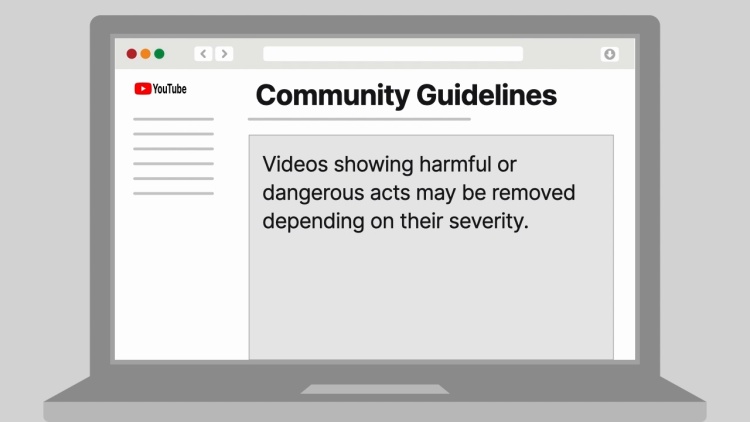Enhanced Athlete Inc. v. Google L.L.C.
United States District Court for the District of Northern California
479 F. Supp. 3d 824 (2020)

- Written by Kate Luck, JD
Facts
Enhanced Athlete, Inc. (EA) (plaintiff) posted videos on the website of YouTube L.L.C. (defendant) that it alleged were informational and educational on the topics of personal fitness and wellness. Some of EA’s videos contained information about selective androgen-receptor modulators, which were unregulated and had not been approved by the Food and Drug Administration for human consumption, but the videos were allegedly in compliance with YouTube’s community standards and terms of use. YouTube’s terms of use gave YouTube the express right to remove videos that violated its terms of use or community guidelines and sole discretion to determine whether a video complied with its guidelines. YouTube’s community guidelines did not allow videos with harmful or dangerous content. YouTube deleted EA’s videos and YouTube account, stating that its videos promoted dangerous acts that had a risk of serious physical harm or death. EA sued YouTube and its parent company, Google L.L.C. (defendant), for breach of the implied covenant of good faith and fair dealing, alleging that YouTube had unfairly removed its videos and deleted its YouTube account. YouTube moved to dismiss the complaint, alleging that its actions had not breached the implied covenant of good faith and fair dealing.
Rule of Law
Issue
Holding and Reasoning (Gilliam, J.)
What to do next…
Here's why 911,000 law students have relied on our case briefs:
- Written by law professors and practitioners, not other law students. 47,100 briefs, keyed to 997 casebooks. Top-notch customer support.
- The right amount of information, includes the facts, issues, rule of law, holding and reasoning, and any concurrences and dissents.
- Access in your classes, works on your mobile and tablet. Massive library of related video lessons and high quality multiple-choice questions.
- Easy to use, uniform format for every case brief. Written in plain English, not in legalese. Our briefs summarize and simplify; they don’t just repeat the court’s language.





